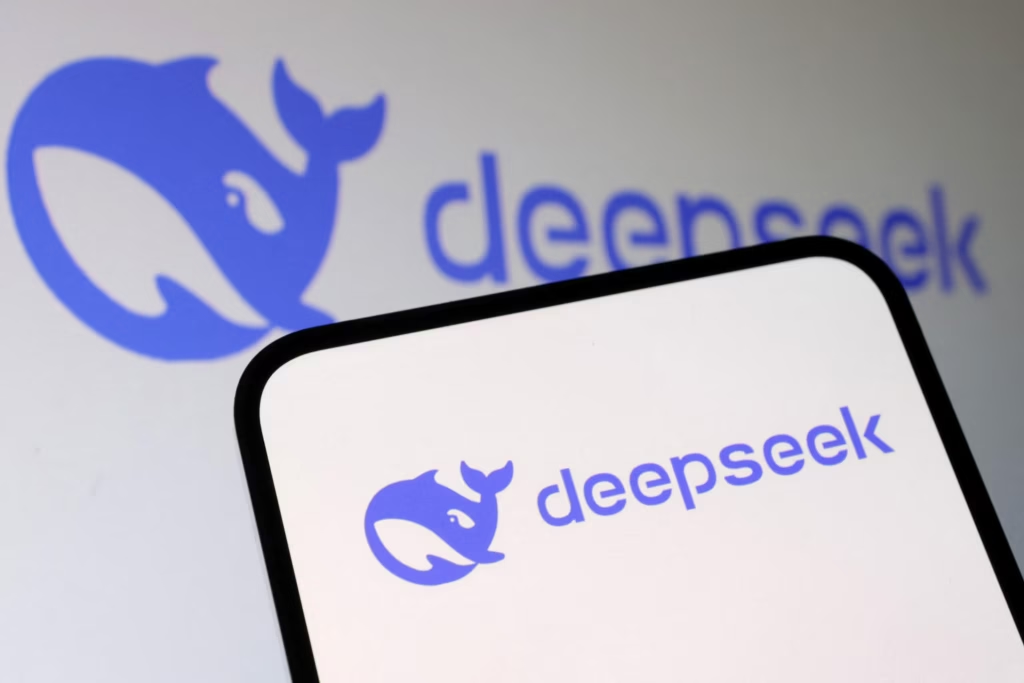Overview of the Situation
- Accusation: OpenAI has accused DeepSeek, a Chinese AI startup, of using its proprietary models to create a competing open-source AI system.
- Legal Implications: This use is claimed to violate OpenAI’s terms of service.
Key Concepts
- Model Distillation:
- A common practice in AI development where outputs from larger models are used to train smaller, more efficient models.
- OpenAI argues that DeepSeek misappropriated its outputs through this technique.
DeepSeek’s Achievements
- R1 Reasoning Model:
- DeepSeek’s model has gained attention for its performance, reportedly matching results of leading U.S. models.
- Development costs for R1 are approximately $5.6 million, significantly lower than typical costs (hundreds of millions) for U.S. companies like OpenAI and Google.
Market Impact
- App Success:
- DeepSeek’s application has topped the free charts on Apple’s App Store in multiple countries, including the U.S.
- Investor Reactions:
- Following the allegations, Nvidia shares dropped sharply, leading to a loss of nearly $589 billion in market value.
- Investors are reassessing the need for high-end AI hardware in light of DeepSeek’s cost-effective model.
Statements and Evidence
- David Sacks’ Comment:
- A former adviser in the Trump administration noted there is “substantial evidence” supporting OpenAI’s claims against DeepSeek.
- Lack of Details:
- Specific evidence regarding the allegations has not been disclosed by OpenAI or Microsoft, which has previously blocked accounts linked to DeepSeek over potential violations.
Broader Implications
- U.S.-China Rivalry:
- The situation underscores ongoing tensions between U.S. and Chinese AI companies regarding intellectual property and competitive practices.
- Future Considerations:
- The outcome of this dispute may influence future AI development strategies and regulatory frameworks in both countries.
This structured analysis provides a clear understanding of the key points surrounding the allegations made by OpenAI against DeepSeek.



